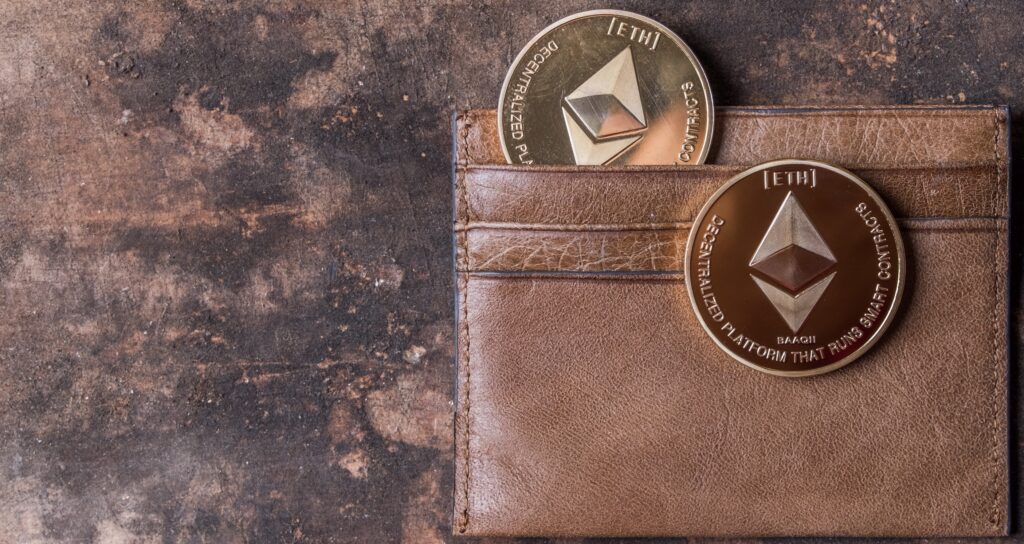Understanding NFTs and Their Connection to Crypto Wallets
Non-fungible tokens, or NFTs, are unique digital assets that represent ownership of a specific item or piece of content on the blockchain. Unlike cryptocurrencies such as Bitcoin or Ethereum, which are fungible and can be exchanged on a like-for-like basis, NFTs have unique attributes that make them distinct.
NFTs can represent digital files, such as art, music, games, and other forms of creative work. When you purchase an NFT, you gain the ownership rights to that unique piece of content. However, these ownership rights are stored on the blockchain, not on your computer or a physical device. This is where crypto wallets come in.
Crypto wallets are essential for managing and storing NFTs. They allow you to interact with the blockchain to buy, sell, and store your NFTs. When you purchase an NFT, it’s your crypto wallet that holds the proof of ownership.
NFTs can represent digital files, such as art, music, games, and other forms of creative work. When you purchase an NFT, you gain the ownership rights to that unique piece of content. However, these ownership rights are stored on the blockchain, not on your computer or a physical device. This is where crypto wallets come in.
Crypto wallets are essential for managing and storing NFTs. They allow you to interact with the blockchain to buy, sell, and store your NFTs. When you purchase an NFT, it’s your crypto wallet that holds the proof of ownership.

The Role of Crypto Wallets in the NFT Market
Crypto wallets play a crucial role in the NFT market. They facilitate the transaction process and provide a place for you to store your NFTs. Without a crypto wallet, you wouldn’t be able to participate in the NFT market. When choosing a crypto wallet for NFTs, there are several factors to consider. First, the wallet must be compatible with the type of NFT you want to purchase. Most NFTs are built on the Ethereum blockchain, so you’ll need a wallet that supports Ethereum transactions.
Second, consider the security features of the wallet. Look for wallets that have robust security measures in place, such as two-factor authentication and encryption. Remember, your wallet holds the keys to your digital assets, so security should be a top priority. Finally, consider the user interface and functionality of the wallet. If you’re new to NFTs and crypto wallets, you might want to choose a wallet that’s easy to use and navigate.
Second, consider the security features of the wallet. Look for wallets that have robust security measures in place, such as two-factor authentication and encryption. Remember, your wallet holds the keys to your digital assets, so security should be a top priority. Finally, consider the user interface and functionality of the wallet. If you’re new to NFTs and crypto wallets, you might want to choose a wallet that’s easy to use and navigate.

How to Secure Your NFTs in a Crypto Wallet
Securing your NFTs in a crypto wallet involves several steps. Here are some best practices to follow:
Private Key Management
Your private keys are like your digital signature. They prove ownership of your NFTs and allow you to make transactions. Keep your private keys secure and never share them with anyone.
Wallet Backup
Make sure to backup your wallet regularly. This will help you recover your NFTs if you lose access to your wallet or if your device is damaged.
Software Updates
Keep your wallet software up to date. Updates often include important security enhancements.
Beware of Phishing Attempts
Be cautious of emails or messages that ask for your wallet information. Always double-check the source before providing any information.
Securing Your Digital Assets
In the dynamic world of digital assets, NFTs and crypto wallets go hand in hand. Crypto wallets provide the infrastructure needed to participate in the NFT market, while NFTs offer a new way to own and trade digital assets. By understanding how these two elements interact, you can navigate the digital space more confidently and securely.




